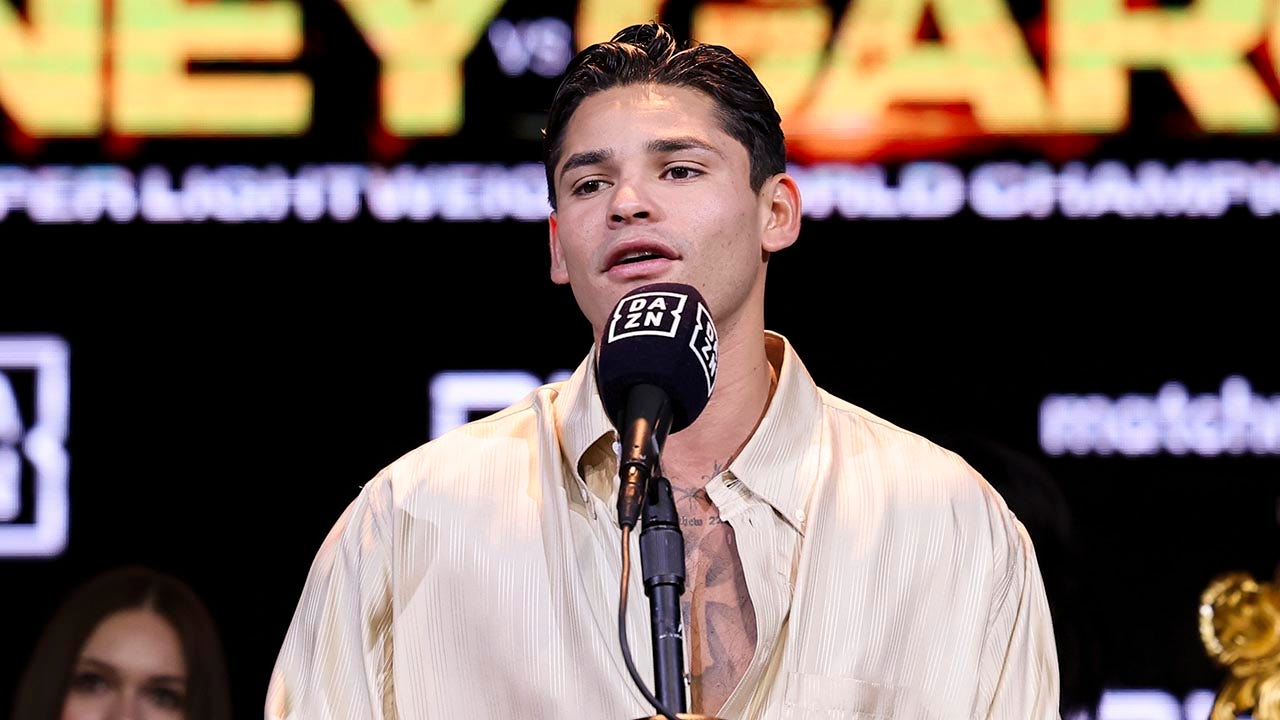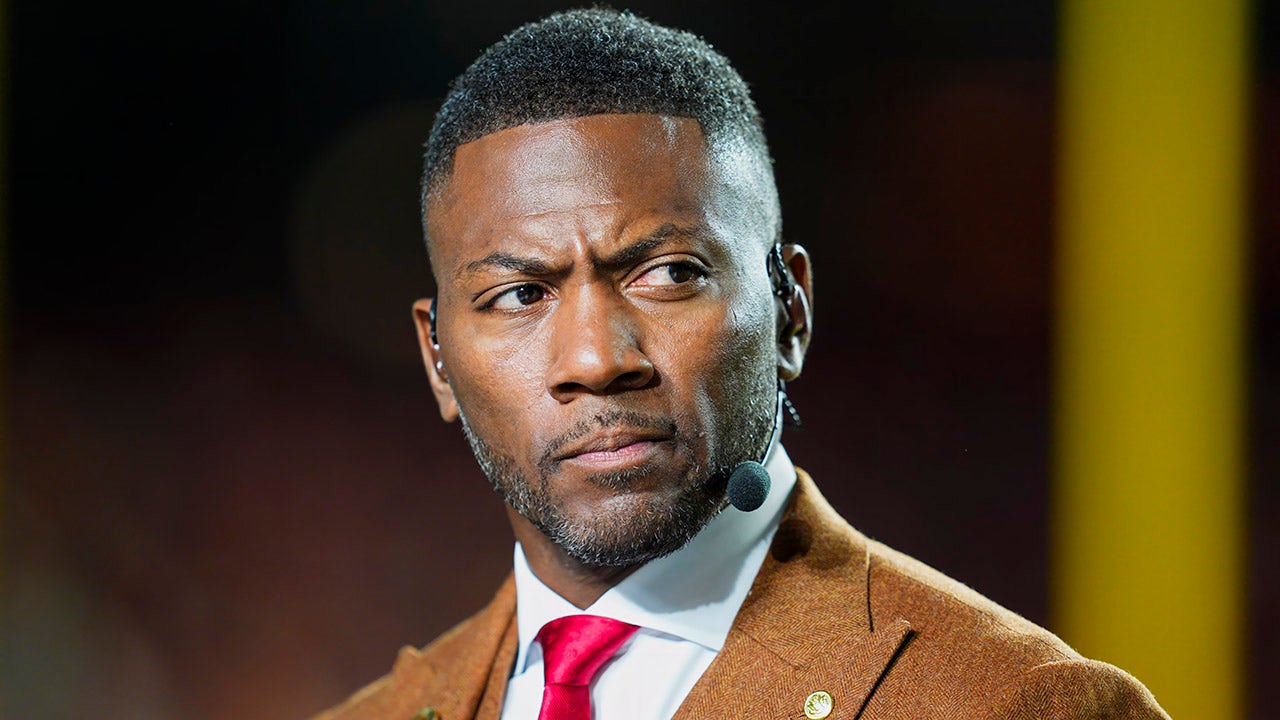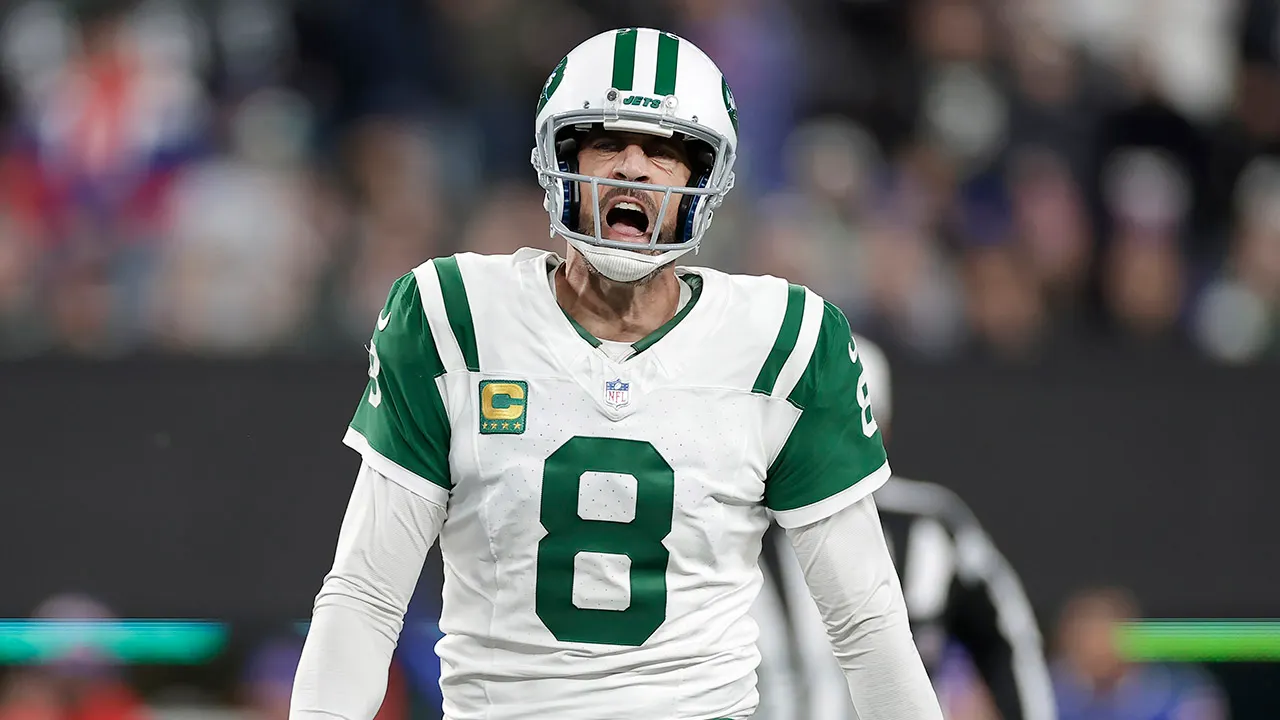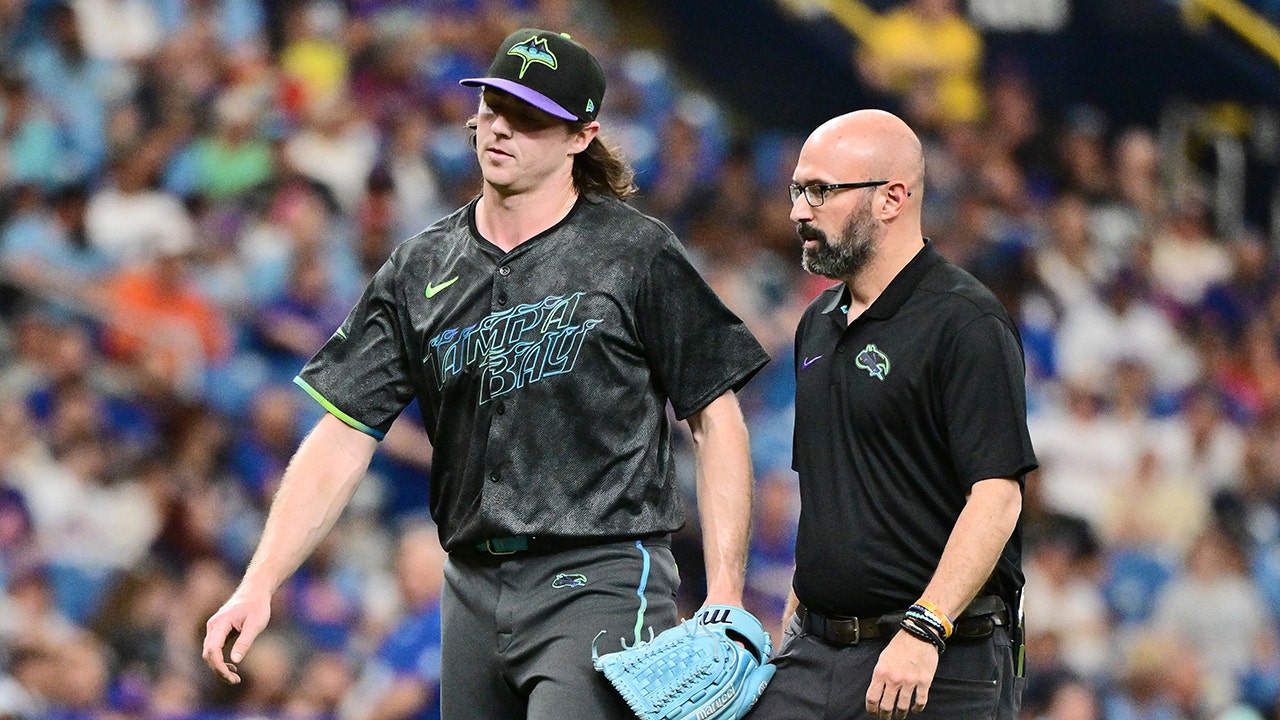After a generational college run at Iowa, Caitlin Clark started her professional career this week in Indiana, where the median college graduate earns $52,267 annually, according to the U.S. Census American Consumer Survey.
But Clark isn’t your average young professional.
She’s one of the biggest stars in the country with major name recognition and commercial appeal as she enters the WNBA. She sells out arenas, inked a $28 million Nike endorsement deal and made television ratings skyrocket — and her pro potential has prompted widespread arguments about the economics of women’s basketball.
In her first season with the Indiana Fever, she’ll modestly surpass that Indiana median with $76,535 in salary. Even considering the WNBA’s five-month season, it’s a pittance compared with many other athletes, especially those hyped as having the potential to change the trajectory of their sports.
Victor Wembanyama, the top pick in the 2023 NBA Draft, made $12.16 million in his first season, roughly 80 times more than Clark per game. The NFL’s No. 1 draft selection, Caleb Williams, will earn about $1 million in salary in 2024, plus a signing bonus that will net him upward of $7 million. Even Paul Skenes, who was the top pick in the 2023 MLB Draft but is far from a household name, signed a contract with the Pittsburgh Pirates worth about $9.8 million, which includes a $9.2 million bonus.
The WNBA’s revenues far trail those of other major North American leagues. But Clark’s salary also lags behind professionals in niche sports like bowling, surfing and bull riding.
The base salary for a contracted player in the Professional Pickleball Association is $75,000. The top five ranked players on the PPA Tour will average $1.5 million this year in prize money and payouts. Ten players in the Professional Bowlers Association made more last year than Clark’s rookie salary. The Professional Rodeo Cowboys Association featured 25 bull riders whose paychecks exceeded $76,535 with the top-ranked rider making nearly Clark’s entire four-year contract worth ($338,056) in 2023 from National Finals Rodeo earnings.
Clark’s relative small salary has become such a national conversation that even the president weighed in on it.
Women in sports continue to push new boundaries and inspire us all.
But right now we’re seeing that even if you’re the best, women are not paid their fair share.
It’s time that we give our daughters the same opportunities as our sons and ensure women are paid what they deserve.
— President Biden (@POTUS) April 16, 2024
One major difference between the WNBA and its counterparts across many other sports is that WNBA players earn a smaller fraction of league revenue. While NBA players have negotiated a 50-50 split of basketball-related income, WNBA salaries represented 9.3 percent of the league’s revenue in 2023. Kelsey Plum, the Las Vegas Aces star and first vice president of the players association, has repeatedly said that WNBA players want a bigger piece of the pie, not necessarily a raw salary bump. “We’re not asking to get paid what the men get paid,” she said. “We’re asking to get paid the same percentage of revenue shared.”
Commissioner Cathy Engelbert has pushed back on the narrative surrounding Clark’s pay. At the CNBC Changemakers Summit, Engelbert explained that Clark could earn up to half a million in WNBA wages in 2024. However, that additional compensation relies on Clark using team and league marketing agreements as well as earning individual honors and advancing in the playoffs.
Nothing is guaranteed beyond her base salary, which resembles the paychecks seen in leagues far newer than the WNBA, which is in its 28th season. The No. 1 pick in the Pro Volleyball Federation, Asjia O’Neal, is earning $60,000 in the PVF’s inaugural season. The PWHL is also paying its players an average of $55,000 in its first year. The newer leagues have said that their sponsorships and media rights are important revenue drivers. But the WNBA draws major sponsors, too, including Google, Nike and CarMax, and has rights deals with ESPN and Amazon.
Given the WNBA’s position in the major sports landscape, perhaps it’s unreasonable to compare Clark to Wembanyama, Williams or Skenes. But she’s also just being out-earned by the lowest paid NBA player on a two-way contract ($559,872), some NFL practice players ($12,000 per week minimum) and minimum-salary earners in the NHL ($750,000).

1. Future Olympian, 18, earned $80,000 winning one multi-day event this spring and totaled $219,000 in five 2024 events.
2. Finnish pro ranked No. 15, $77,350 prize earnings in 14 events, never finished higher than third in 2023.
3. According to Sports Business Journal, the Charlotte Hornets entertainer makes an annual salary of $100,000 — not even the highest among NBA mascots.
4. Miami Marlins signed the 17-year-old catcher to a 1-year deal worth $75,000 in the 2024 class. He’s been assigned to the Dominican Summer League Marlins in the minor leagues.
5. The MLS midfielder made a $75,325 base salary in 2023 as the 789th highest paid player.
6. The Professional Pickleball League base starting prize money and payouts for a contracted player is about $75,000.
7. The golfer made $78,414 from participating in 11 events (best finish tied for 23rd) in 2023.
8. Despite not placing in a majority of competitions, the 20-year-old ranked No. 26 and earned $76,439 in 2023.
9. The chess grandmaster made nearly $80,000 for winning one tournament — the Grand Swiss — in November 2023.
10. Ranked 481st worldwide in total earnings, the Fortnite player won $83,475 last year.
The WNBA’s current position in its evolution is often compared to when Magic Johnson and Larry Bird entered the NBA, which spurred a wave of popularity that the league has ridden for decades. When Bird was drafted in 1978, he signed a five-year contract with an average annual value of $650,000 (that figure does not account for inflation). Johnson’s average salary was $460,000 over his first five seasons.
Proponents of the WNBA hope that Clark can help encourage similar rivalries, with rookies like Angel Reese of the Chicago Sky and numerous other players bringing previous history in the NCAA Tournament and other matchups.
At an April donor event, Southern California head coach Lindsey Gottlieb cited Clark’s salary as a reason to advocate for more money toward women’s college basketball. Although Clark and USC star JuJu Watkins have lucrative endorsements, Gottlieb said that neither is “going to get paid her value and worth in terms of the basketball.”
The hope for Clark and other WNBA players is that change is on the horizon. The league historically has struggled to sustain its financial footing through investment. Within the past decade, even legacy franchises such as the New York Liberty and Los Angeles Sparks almost folded. Teams have lacked adequate practice facilities, and players have often competed overseas to supplement their incomes.
Now, teams have become generally more competitive and new ownership groups in Atlanta, Las Vegas, New York and Phoenix are focused on making WNBA life more attractive, fiscally and with perks. The WNBA has pursued more corporate partnerships and media deals to improve the value of the league. The league had an estimated $200 million in revenue in 2023, doubling its 2019 total, according to Chiney Ogwumike, former vice president of the players association. The WNBA recently announced it will spend $25 million in each of the next two seasons on charter flights. And it hopes a new media rights deal — the current one, which nets about $50 million combined from broadcast partners, expires in 2025 — will provide another influx of cash.
Consider the NWSL’s new broadcasting deal that pays $60 million annually compared to the previous amount of $1.5 million, which helped increase the salary cap 40 percent from 2023 to 2024. Now multiple players’ contracts pay in the high six figures annually and are valued at seven figures over their lifetime. No WNBA player has ever signed a million-dollar-plus contract.
That million dollar barrier may fall before Clark signs her next deal. And yet her salary may never reflect what other stars get in similar positions without a significant change in the finances of the WNBA.
(Visual data: Drew Jordan / The Athletic; Illustration: John Bradford / The Athletic; Photos of Caitlin Simmers, Caitlin Clark, Hugo the Hornet, Charlotte Thomas, Sofiane Djeffal and Vidit Gujrathi: Aaron Hughes / Getty Images, Gregory Shamus / Getty Images, Matthew Grimes Jr./ Getty Images / Atlanta Braves, Meg Oliphant / Getty Images, Sofiane Djeffal / Getty Images, Vidit Gujrathi / Hindustan Times)






